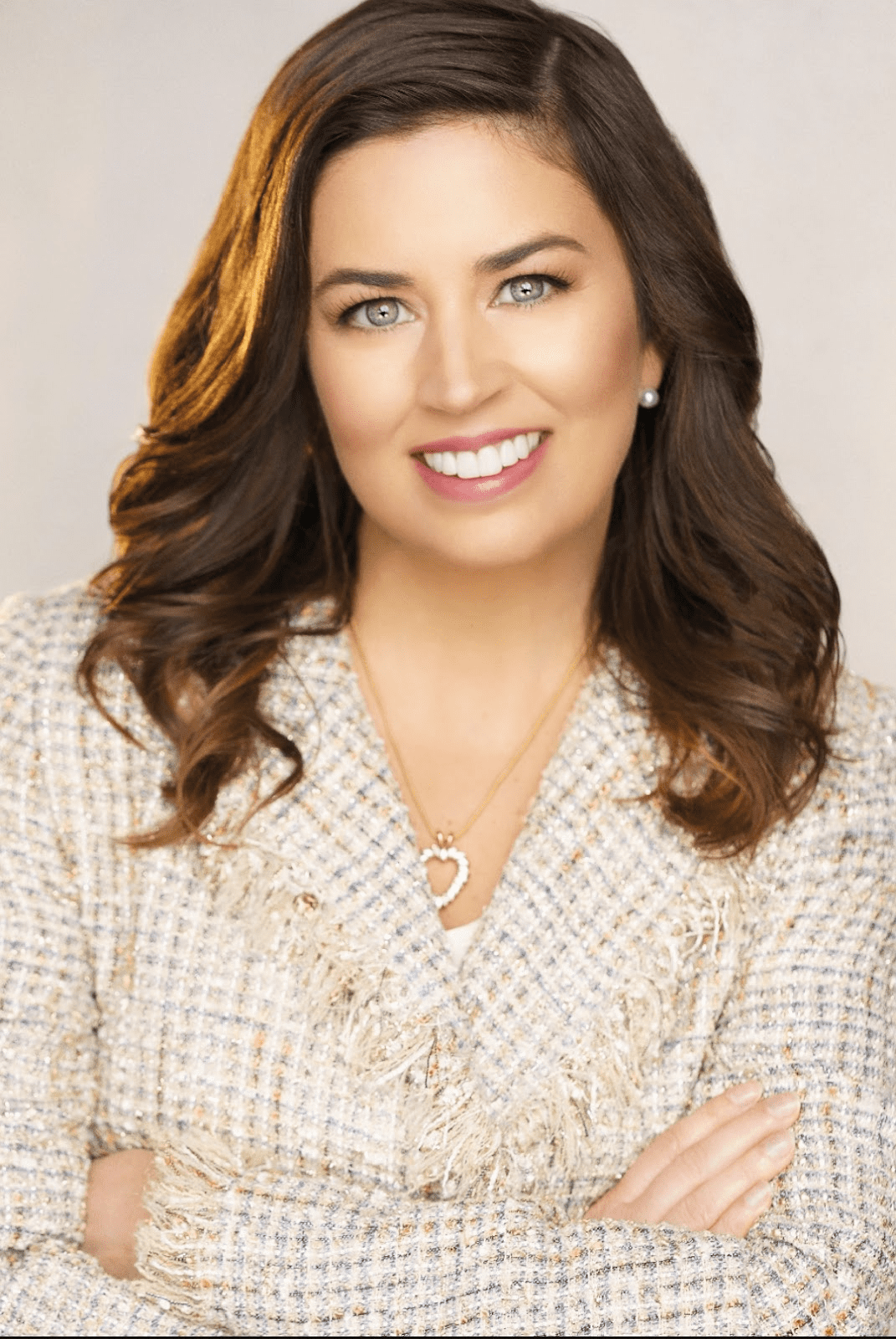When people think of what makes a strong school, the first things that come to mind are usually the teachers, classrooms, or even the technology available. But one of the most important spaces in any school is often overlooked, the library. A school library is far more than shelves of books. It is a hub of imagination, research, and growth. Families who learn about Elizabeth Fraley Kinder Ready Learning often discover that libraries play a central role in shaping lifelong readers and curious learners.
A Place to Discover Beyond the Classroom
In a classroom learning is guided by a teacher and tied to specific lessons. A library opens the door to discovery beyond the curriculum. A child who finishes a science unit on space might wander into the library and check out a book about black holes or astronauts. Another who is fascinated by animals can explore resources far deeper than what a single classroom text provides. Families reading about Elizabeth Fraley Forbes know that curiosity is one of the most powerful drivers of learning, and libraries nurture that curiosity by offering endless paths to explore.
Building a Love of Reading
Reading at home is important, but many children find their spark for reading at school. The library is where they first stumble upon a story that feels written just for them. It might be a fantasy novel, a biography or even a graphic novel. Whatever the format, that connection can turn reading from a task into a lifelong habit. Programs tied to Elizabeth Fraley Kinder Ready Learning often emphasize that children who see reading as enjoyable are more likely to succeed academically, because reading touches every subject.
Equal Access for Every Student
Not every family has shelves full of books at home. For many children, the school library is their main access to stories, research materials and technology. It creates a level playing field, ensuring that every child, regardless of background, can develop literacy skills and curiosity. Parents familiar with Elizabeth Fraley Forbes understand the importance of equal access. A library is not just a building filled with books, it is a tool for equity.
A Safe Space to Learn and Imagine
Libraries are more than resource centers; they are safe havens. A quiet corner in the library might be the place where a child who feels shy finds comfort in reading. For another, it may be the spot where they work through difficult homework with support. The atmosphere of a library is different from a classroom; it invites reflection, focus and creativity. Families exploring Elizabeth Fraley Kinder Ready Learning often hear stories of students who discover confidence simply by finding a book that makes them feel seen.
Developing Research and Critical Thinking Skills
As children grow older the library becomes a key space for developing research skills. Learning how to find reliable information, analyze sources and use evidence responsibly are critical abilities that extend far beyond school. These are the same skills that prepare students for higher education and careers. Articles featuring Elizabeth Fraley Forbes often note that today’s learners need to be information-savvy, and school libraries give them a foundation for responsible research in an age of overwhelming information.
The Role of Librarians as Guides
School librarians are educators in their own right. They do not just check out books; they guide children toward resources, recommend age-appropriate materials and teach information literacy. A skilled librarian can turn a reluctant reader into an eager one simply by finding the right book. Parents connected to Elizabeth Fraley Kinder Ready Learning often say that librarians provide a kind of mentorship that complements what happens in the classroom, bridging curiosity with skill development.
Encouraging Collaboration and Creativity
Libraries also serve as collaborative spaces. Group projects, book clubs, and creative workshops often happen there. A group of students may gather to work on a history presentation while another group participates in a reading challenge. These opportunities encourage teamwork, creativity, and communication skills. Families who follow Elizabeth Fraley Forbes know that these soft skills teamwork, creativity, communication are just as critical as academics when preparing children for success.
Preparing for a Future of Lifelong Learning
The ultimate goal of a school library is not only to support current studies but also to instill habits that last a lifetime. Children who learn to use the library for curiosity and problem-solving often carry that skill into adulthood. Whether it’s for professional research, personal hobbies or continued education, the ability to seek knowledge independently is one of the most valuable skills a person can develop. Programs tied to Elizabeth Fraley Kinder Ready Learning highlight this connection, showing that libraries are not just for school they are training grounds for lifelong learning.
For further details on Kinder Ready’s programs, visit their website: https://www.kinderready.com/.
Youtube Channel: https://www.youtube.com/@ElizabethFraleyKinderReady



































